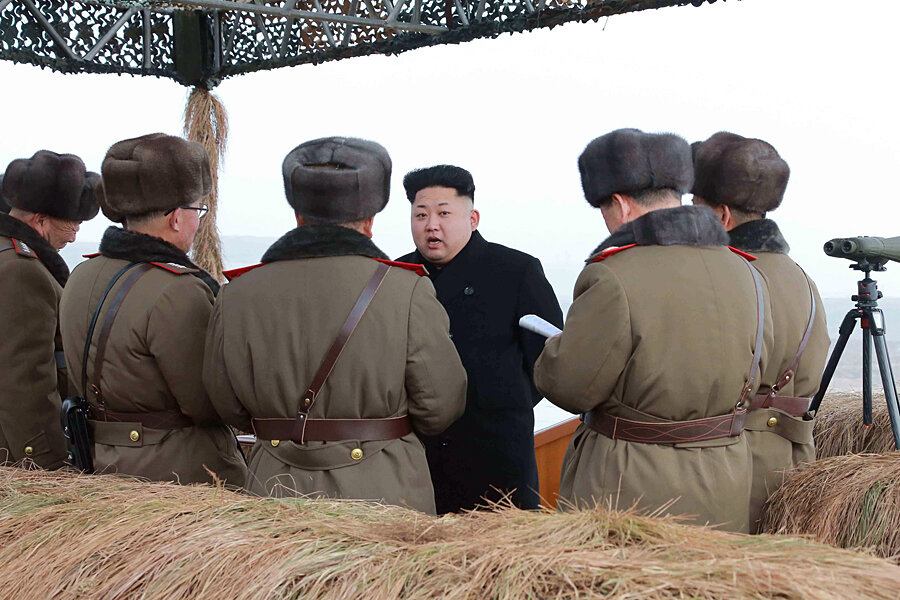Will North Korea leader Kim Jong-un's Russia visit boost ties?
Loading...
| Seoul
North Korean leader Kim Jong Un has confirmed he will attend celebrations in Russia in May marking the Soviet victory over Germany in World War Two, South Korea's Yonhap news agency said on Wednesday, citing a Kremlin spokesman.
The trip would be Kim's first foreign visit since taking power in the reclusive state in 2011, succeeding his father Kim Jong Il, who died suddenly, and is likely to come before he visits China, the North's main ally.
"About 20 state leaders have confirmed their attendance, and the North Korean leader is among them," South Korea's Yonhap news agency quoted the office of Kremlin spokesman as saying in response to its question to President Vladimir Putin's spokesman.
North Korea and Russia have been looking to boost ties.
The North's relations with China, on the other hand, have cooled since Kim took over and then, in 2013, defied international warnings and U.N. sanctions to conduct a third nuclear test.
"There is no rule that says Kim Jong Un has to go to China first," said Cheong Seong-chang of South Korea's Sejong Institute.
"As far as China is concerned, there has to be a show of a pledge by North Korea for denuclearisation before a summit is possible, and it's hard to see Kim Jong Un doing that right now."
China and Russia have both voted with the U.N. Security Council for sanctions on the North for its nuclear and missile tests.
But China has taken a sterner position on its neighbor's atomic ambitions.
Chinese President Xi Jinping has met South Korea's President Park Geun-hye six times since both of them took office in 2012, underscoring strengthening political and economic ties. Xi has not met the North's Kim.
Russia has pushed ahead with plans for natural gas and transport projects with the North in the hope of boosting gas exports to Asia and exporting coal to South Korea through an experimental consortium based in the North.
Earlier in January, Russian Foreign Minister Sergei Lavrov said North Korea had sent a positive signal after Putin invited its leader to the victory celebrations.
Russia marks the victory anniversary every year on May 9.
Kim's father was invited to the 60th anniversary celebrations in 2005 but did not attend, Yonhap said.
(Reporting by Jack Kim; Editing by Michael Perry, Robert Birsel)





